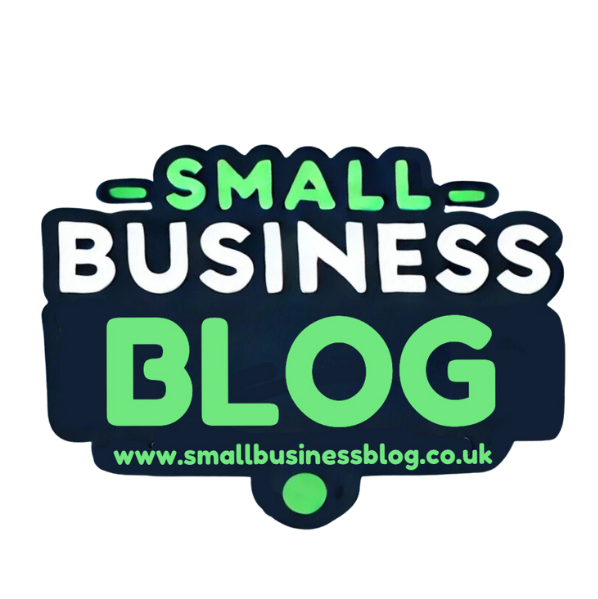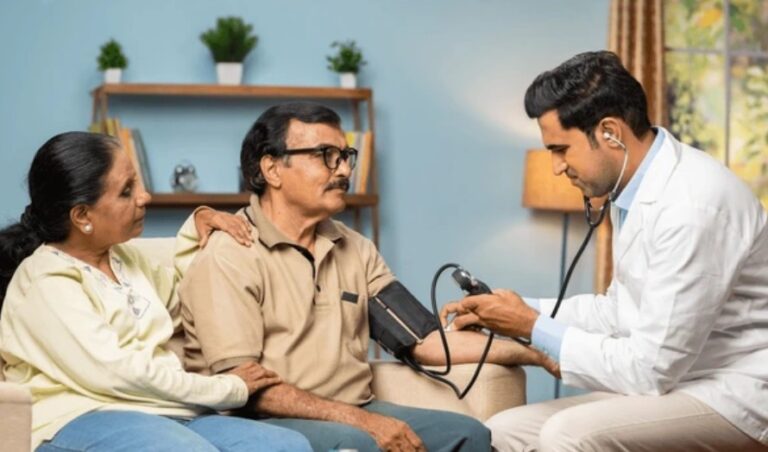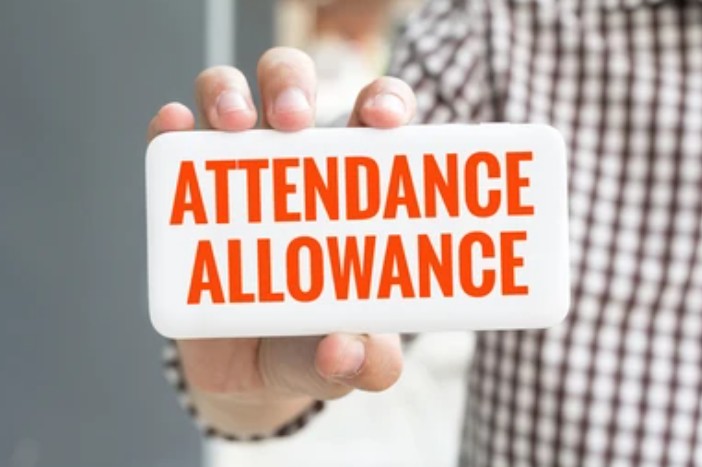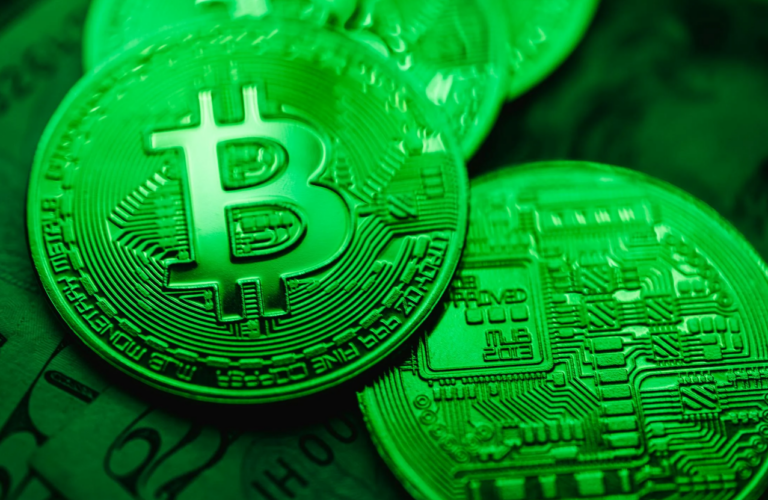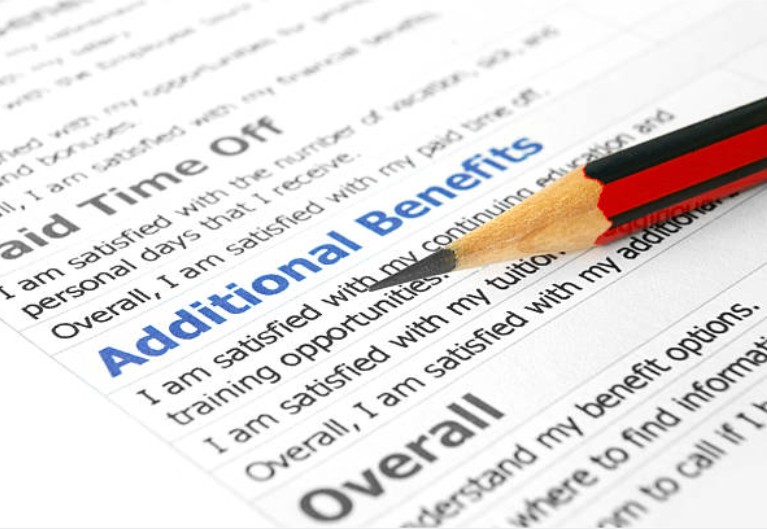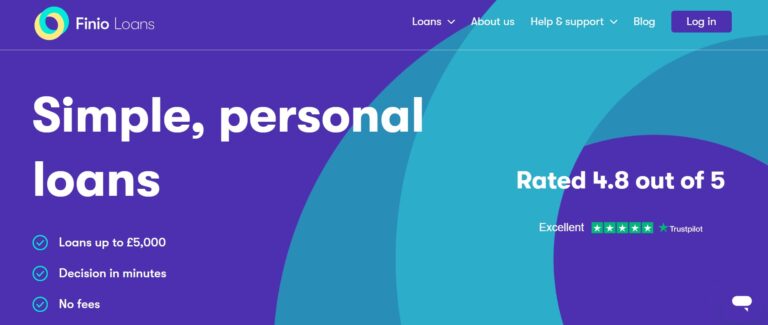DWP 299 Cost of Living Payment: Eligibility, Dates, and Key Details
As the cost of living crisis continues to weigh heavily on UK households, the DWP £299 Cost of Living Payment has played a crucial role in providing much-needed financial relief. For many people, this support arrived just in time to help cover essential living expenses like energy bills, food, and housing costs.
But what exactly was the £299 payment, who was eligible, and what’s next now that the government has confirmed there are no further cost-of-living payments planned in 2025?
In this blog, we’ll break it all down in simple, practical terms — with a focus on how this impacts UK residents, small business owners, and self-employed people.
What was the DWP £299 Cost of Living Payment?
The £299 payment was part of a government-backed series of cost-of-living support measures introduced to help low-income households cope with soaring prices. It was the final instalment in a three-part payment plan that began in 2023.
The payment:
- Was automatically issued to eligible people
- Did not require an application
- Was non-taxable and did not affect existing benefits
When Was It Paid?
The £299 payment was made between 6 February and 22 February 2024 to people receiving Department for Work and Pensions (DWP) benefits.
Those on Tax Credits, managed by HMRC, typically received their payments a few days later.
Who qualified for the £299 Payment?
The payment was specifically targeted at people on means-tested benefits, including:
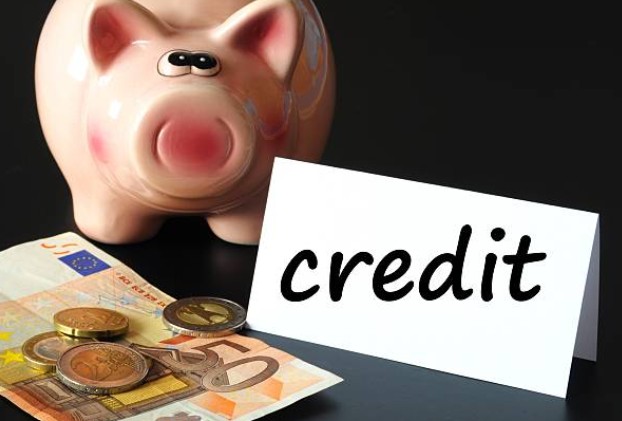
- Universal Credit
- Income-based Jobseeker’s Allowance (JSA)
- Income-related Employment and Support Allowance (ESA)
- Income Support
- Pension Credit
- Working Tax Credit
- Child Tax Credit
If you received one of these benefits during the qualifying period (mid-November to mid-December 2023), the payment should have been made automatically to your bank account.
People receiving contribution-based benefits only, or disability benefits without a qualifying means-tested benefit, did not qualify for this specific payment.
Why Was the £299 Payment Important?
For many households, the £299 payment provided a financial lifeline during a difficult winter.
With energy bills still high, food prices pushing weekly budgets to the limit, and housing costs rising, this payment helped people cover essentials without falling further into debt.
But its importance extends beyond individual households.
The payment also injected money directly into local economies, supporting small businesses, shops, and services that depend on everyday spending.
How Does the £299 Payment Affect Taxes and Other Benefits?
A common concern is whether receiving this payment will impact taxes or benefit entitlements.
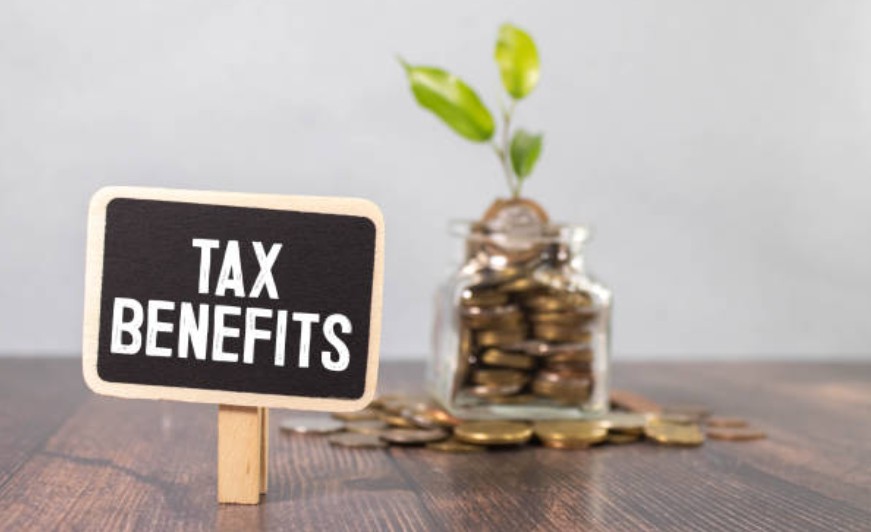
Here’s the good news:
-
The £299 payment is non-taxable.
-
It does not count as income when calculating other benefits.
-
It does not reduce your Universal Credit award, Housing Benefit, or Council Tax Support.
-
It does not need to be declared in tax returns.
It is a separate, stand-alone support payment designed to help with the rising cost of living without impacting other financial entitlements.
Cost of Living Support: What’s Happening Now in 2025?
The UK Government has made it clear that the £299 payment was the final one in the cost of living support series.
There are currently no new lump-sum payments planned for 2025.
However, several ongoing support schemes can still help low-income households, small business owners, and the self-employed manage rising costs.
Available Support in 2025:
- Household Support Fund (HSF): Many councils across the UK are offering targeted help through this fund, which may cover food, energy, and essential costs.
- Energy Bill Discounts: Some energy suppliers are offering hardship funds and payment plans to assist with outstanding bills.
- Warm Home Discount Scheme: Eligible households can receive a one-off discount on winter energy bills.
- Council Tax Support: Local councils continue to offer discounts for those on low incomes or facing financial hardship.
- Budgeting Advances (Universal Credit Claimants): Interest-free loans for essential expenses.
While direct cost-of-living payments like the £299 instalment have ended, these local and national schemes remain available to offer practical, targeted support.
Why Small Business Owners Should Pay Attention?

Small business owners and the self-employed may assume that these cost of living payments were only for the unemployed or people outside the workforce. In reality, many small business owners in the UK are also benefit claimants.
This is especially true for:
- Sole traders with seasonal or unpredictable income
- People starting new businesses with low initial earnings
- Self-employed parents topping up income through Universal Credit or Tax Credits
For these individuals, the £299 payment provided crucial breathing space to keep their households and businesses afloat during difficult months.
Even though there are no further payments planned, small business owners should stay aware of:
- Universal Credit updates
- Small business grant opportunities
- Local council support programmes
- Energy supplier assistance schemes
Being proactive in tracking available financial help can make a meaningful difference when cash flow is tight.
A Real Example: Small Business Resilience in Action
Take the story of Maya, a UK-based craft shop owner. During the winter of 2024, customer footfall was low, and energy bills ate into her profits. Maya, who was also receiving Universal Credit to top up her earnings, received the £299 cost of living payment in February.
That payment didn’t just help her pay for heating—it gave her just enough financial room to keep her shop open without cutting back on essential stock. Maya’s story is a powerful example of how these payments can directly support small business continuity.
What’s Next? Staying Informed in a Changing Economy
Although no further cost-of-living payments are expected, it’s more important than ever to stay up to date with government announcements.
Small changes to Universal Credit, energy support, tax policies, and local council assistance can all impact small businesses and self-employed workers.
Here’s how to stay informed:
- Regularly check the GOV.UK for benefit and support scheme updates.
- Monitor your local council’s website for Household Support Fund application windows.
- Stay tuned to Small Business Blog UK for practical financial advice tailored to small business owners.
Key Takeaways
- The £299 Cost of Living Payment was the final instalment in the government’s £900 support package.
- It was automatically paid in February 2024 to people on means-tested benefits.
- No further payments are planned for 2025.
- Other support schemes, like the Household Support Fund and Warm Home Discount, remain available.
- Small business owners and self-employed individuals should stay vigilant for other support options and updates.
Final Thoughts
The cost of living crisis has affected everyone, but it has hit small businesses and low-income households especially hard.
While the £299 payment is now part of the past, the lessons are clear: being informed, staying adaptable, and exploring all available support channels are key to building financial resilience.
Whether you’re growing your business, starting out, or managing the delicate balance between personal and professional expenses, remember that practical help is still out there—you just need to know where to look.
